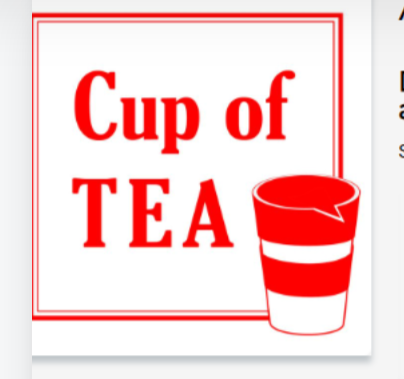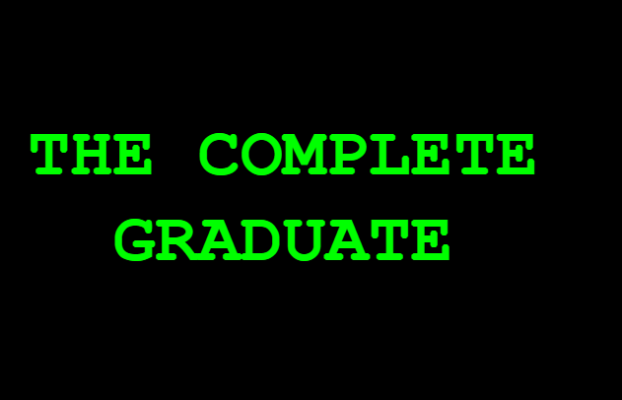Programme Goals
Programme teams work collaboratively with stakeholders to develop a set of programme competencies. To be effective, the whole curriculum (including assessment) should aim to be constructively aligned to outcomes that are:
Meaningful
Written in jargon-free language that can be understood by all stakeholders and consistently interpreted by them.
By ‘consistent interpretation’, we mean that different educators, students, and potential employers understand how each competence has been evidenced within the curriculum and how it can be applied in relevant and valuable contexts after graduation.
Assessable
There must be some form of activity or output that allows students to evidence their level of competence in a way that is quantifiable.
By this we mean, there must be a way of measuring the level of achievement or extent to which that competence has been evidenced; e.g. as a percentage grade or performance level.
Relevant
Can be aligned with the four domains of relevance to student futures: academic, life-long personal, professional, and societal.
- Academic: relevant to future of the course or student interest in the subject.
- Life-long personal: relevant to the future life-trajectory, how the student sees themselves or their place in the world and enabling a growth mindset.
- Professional: relevant to being employable within specific professions and/or graduate roles across multiple sectors, and flourishing within uncertain futures
- Societal: relevant to addressing complex local, national, and international challenges, and facilitating ethical global citizenship.
Valuable
Recognised by key stakeholders (but particularly by students and employers) as being necessary for the personal and professional future of graduates of the degree.
To clarify the difference between Relevant and Valuable:
- The student decides the relevance because they own their future.
- The discipline, profession, and sector decides the value, because they are commonly best placed to define what is necessary for success in the student’s chosen future.
For example, a science student may wish to pursue a career in ‘science education’ (a common and reasonable future for many science graduates). Therefore, the student should be able to develop competencies that are relevant to this future. However, stakeholders within the science education sector best understand which competencies are valuable for graduates aspiring to that career. It is important to note that not all students on the same course aspire to the same future.
Action
Programme teams work collaboratively, and with stakeholders, to develop a set of programme competencies that enhance student futures. Engagement with students and relevant industries as stakeholders is an essential aspect of ensuring that the curriculum is Meaningful, Relevant, and Valuable.Discover competence based assessment through our partner case studies.

